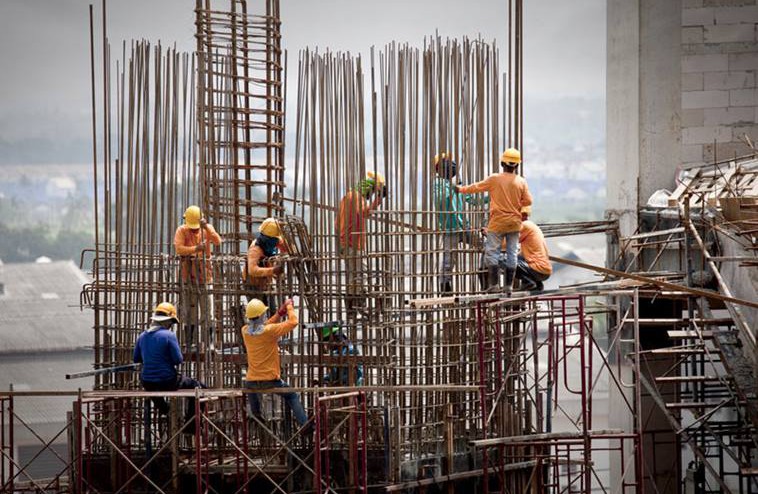
The construction industry has outlined how it can deliver the housing, infrastructure and specialist buildings required to transform the Irish economy and society over the next decade in its annual budget submission.
Director General, Tom Parlon stated: “Construction is a central driver of Irish economic growth. All other sectors depend on it for the infrastructure, housing and built environment they operate within. The Irish government has a number of ambitious targets in housing, jobs, infrastructure, FDI and regional development that are wholly dependent on the construction industry’s capacity to deliver quality construction.
“Our budget submission outlines five solutions to barriers hindering the construction industry’s capacity to deliver the Government’s commitments on housing, infrastructure and jobs. These solutions will integrate more tightly the industry’s growth with broad economic and social goals and prevent over reliance on residential property that occurred in the economy in the past.
“Investment in infrastructure is key. The prize for increasing infrastructure investment is huge, but the price for not doing so is even greater as we could see our economic growth threatened, a continuing housing shortage and economic imbalances across the country.
Ireland has one of the lowest levels of infrastructure investment in the EU and successive bodies such as the EU Commission, the National Competitiveness Council, the OECD, all Irish business representative bodies and many unions have identified infrastructure as a threat to medium term growth. The Government must secure permission from the EU to increase our infrastructure spending as it is the key to solving the housing crisis, generating balanced regional development and creating jobs across Ireland.
“Successive analyses show that every billion euro invested in infrastructure yields 10,000 jobs. Infrastructure investment also translates housing into viable communities. Every 10,000 houses built supports 25,000 jobs and potentially yields around €1.3billion for the Exchequer. The Government’s Rebuilding Ireland plan envisages the house-building sector of the construction industry reaching an output of 25,000 by 2020. Achieving this level removes the key logjam in the housing crisis; homelessness is alleviated, social housing waiting list can be reduced, first-time buyers should be able to secure homes which in turn should reduce upward pressure on rents. So it’s evident that the construction industry is eminently placed to positively transform Irish society and sustain economic growth over the next decade.
“The industry currently employs 131,000 directly and supports another 52,400 indirectly and is adding 1000 employees per month across every community in Ireland. The Federation believes that this budget is an opportunity to integrate industry growth with Government ambition to the benefit Irish society.”
The five key areas covered in the budget submission are: